In scientific terms, Instrumentation is defined as the art and science of measurement and control of process variables within a production or manufacturing area. Instrumentation Engineering is a multi-disciplinary stream that covers subjects from various branches such as Chemical, Mechanical, Electrical, Electronics and Computer Science. In the beginning all process variable like temperature, flow, level, pressure etc were controlled manually. As technology progressed the process control activities were taken over by automatic digital controllers like DCS, SCADA, PLC, ably assisted by software like MATLAB, LabVIEW etc. Apart from covering core subjects such as Industrial Instrumentation, Process Control, Bio-medical Instrumentation and Robotics, the students deal with software and hardware topics such as Microprocessor and Microcontroller based Instrumentation, VLSI and Embedded system design, Computer Architecture and Organization and Computer Control of Industrial Processes. This makes an Instrumentation Engineer fit for both the hardware and the software industry.
A graduate in Instrumentation and Control Engineering has a vast area of job opportunities spread out before him. He can seek out jobs in any field employing process control. Apart from these avenues of employment a student with a flair for electronics can possibly find employment as an electronic engineer too. The areas of academics and research offer enhanced scope for employment especially for the lady graduates. It is a matter of pride to state that most of our graduate engineers have found employment in core industries.
Excellence in Instrumentation and Control Engineering education through innovative practices and team work.
To provide strong theoretical foundation complemented with extensive practical training. To encourage the students to be innovative, competent, efficient and value oriented.
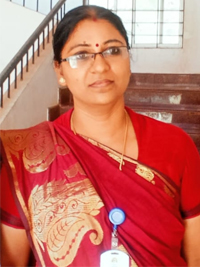
Ms. Sindhu Banerji completed her B.Tech in Applied Electronics and Instrumentation Engineering
from MES college of Engineering,
Kuttippuram, Kerala and holds M.Tech in Electronics(VLSI). She has 12 years of teaching
experience in Engineering colleges.
Worked in KNSIT Engineering college, Bangloore and .
also Sarabhai Institute of Science and Technology, TVM.
Membership: Life member of ISTE.
Associate Professor
Email: [email protected]
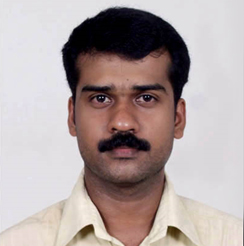
Assistant Professor
13 Years Experience
Qualification: M.Tech in Electronics with specialization in Signal Processing
Experience: Teaching : 14 Years, Industrial : 2 Years and 3 Month
E Mail: [email protected]
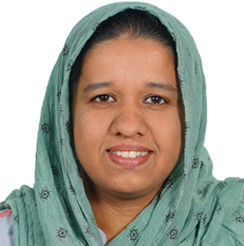
Assistant Professor
9 Years Experience
Qualification: M.Tech
Experience: Teaching : 9 Years, Industrial : 0 Years and 0 Month
E Mail: [email protected]
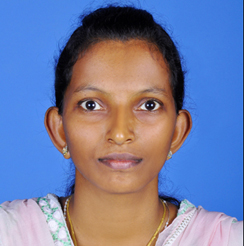
Assistant Professor
7 years Experience
Qualification: M.E Control and Instrumentation
Experience:Teaching : 7 Years , Industrial : 0 Year
E Mail: [email protected]
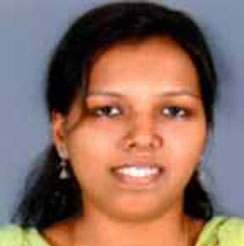
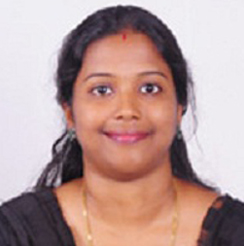
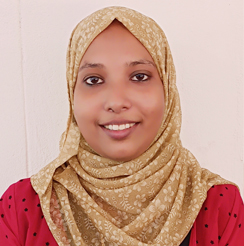
Assistant Professor
5 Year Experience
Qualification: M.Tech
Experience: Teaching: 5 yrs & 4 months; Industrial: 0 years 0 months
E Mail: [email protected]
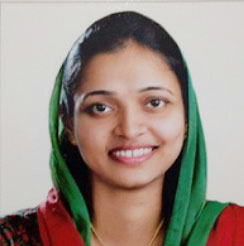
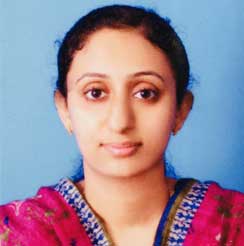
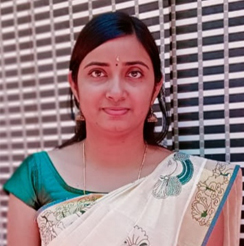
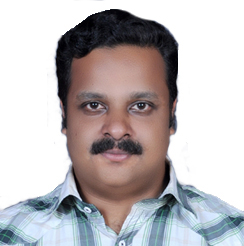
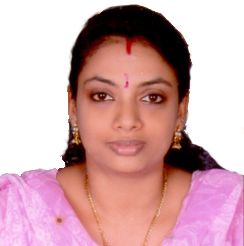
Workshop Instructor
18 Years Experience
Qualification: Diploma in Instrumentataion
Experience: Teaching : 18 Years, Industrial : 1 Years
E Mail: [email protected]
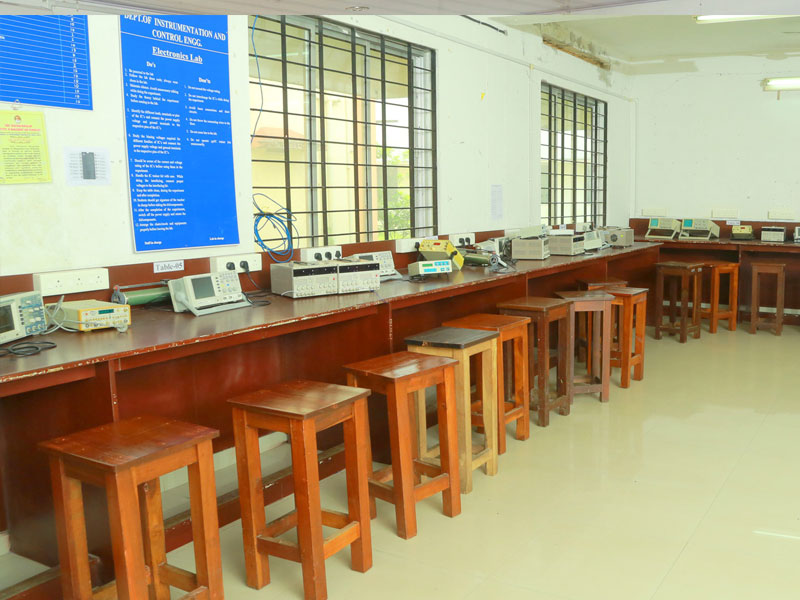
This is a first level laboratory in which the students are introduced with Electronic circuits for the first time and are trained with preliminary of Electronics. Basic Electronic components like Diodes and Transistors are familiarized and their applications are studied using simple circuits .
Digital IC Laboratory Digital Electronics is a subject which is intended to make students familiar with different types of designs such as sequential logic circuits, combinational logic circuits and troubleshooting of various digital systems. Knowledge of basic electronics & digital techniques is useful in understanding theory and practical of the subject. For years, applications of digital electronics were confined to computer systems. Today digital electronics are applied in many diverse areas such as telephony, data processing, radar, navigation, military systems, medical instruments, process control etc.
Linear Integrated Circuits Laboratory (LIC Lab) is very important for designing the characteristics of OP-AMP, 555 Timer IC and to simulate the applications of OP-AMP. The labs are kept open after the college hours to enable the students to engage themselves in designing /testing the circuits in their leisure hours. Students are grouped into small teams and guided to do their mini projects by using the facility. The laboratory introduces students to circuit design and contributes significantly to provide them with engineering skills. The experiments covered in this laboratory are synchronized with its theoretical part, so that students might be able to understand the practical aspects of it.
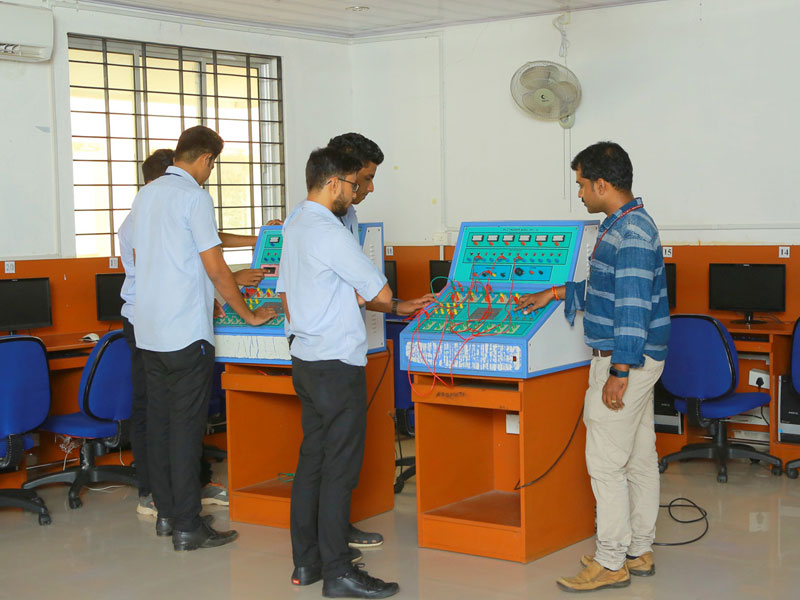
In the last twenty five years or so, microprocessors and microelectronics in general have brought about a revolution in computer science, manufacturing, telecommunications as well as in space and high-energy physics. In view of the impact of this new technology, the laboratory has organized and provided support not only to courses strictly related to Microprocessors but also to other activities related to telemetric, programming of real-time systems, data acquisition systems, digital signal processing and scientific instrumentation.
Our System Simulation Laboratory (SS Lab) is well equipped with 35 computers installed with latest versions of MATLAB and LABVIEW. PLC systems are also installed that will help the students to gain a fair knowledge on the programming and simulation of various systems. The curriculum includes the following systems:
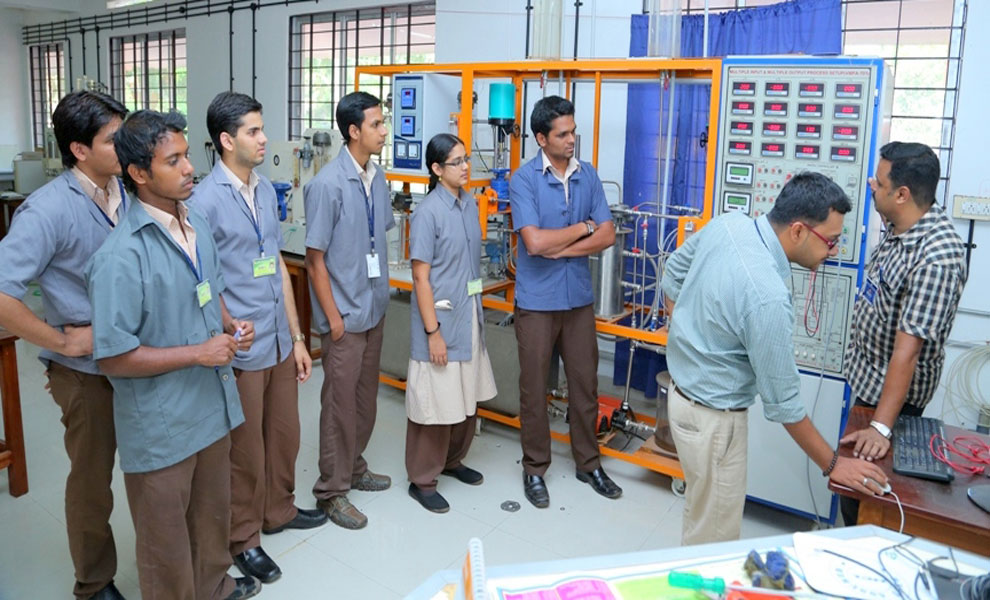
The Industrial Instrumentation Laboratory (II Lab) is aimed to impart practical training to the students in the field of calibrating pressure gauges, transducers, switches and indicators etc. It helps to gain adequate knowledge and expertise to handle equipment generally available in an industry. The following measurements are part of the curriculum :
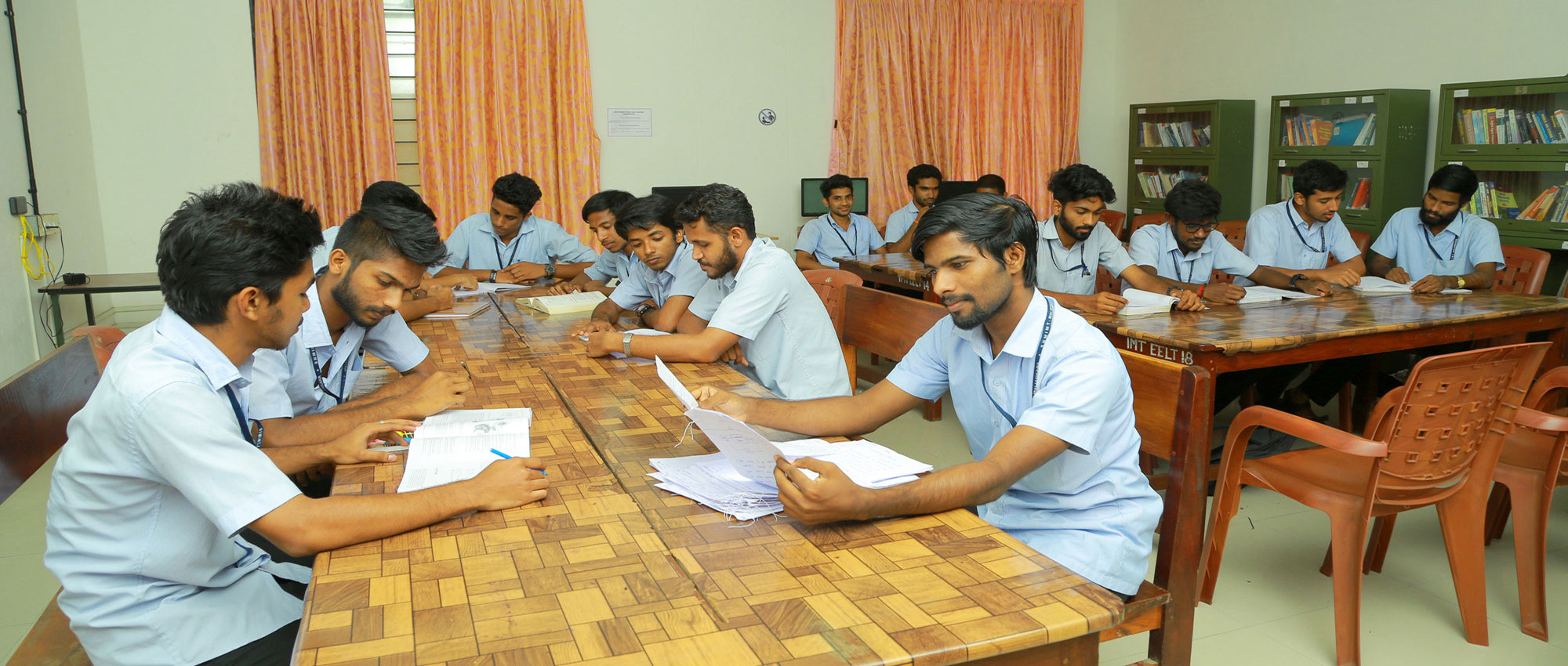
Department Library has a collection of around 400 Books. The copies of project and seminar reports of last 10 batches of students are also maintained for future reference. Three dedicated Computers are provided for e-journal access and NPTEL videos. The Library remains open from 9:00 am to 4:00 pm.